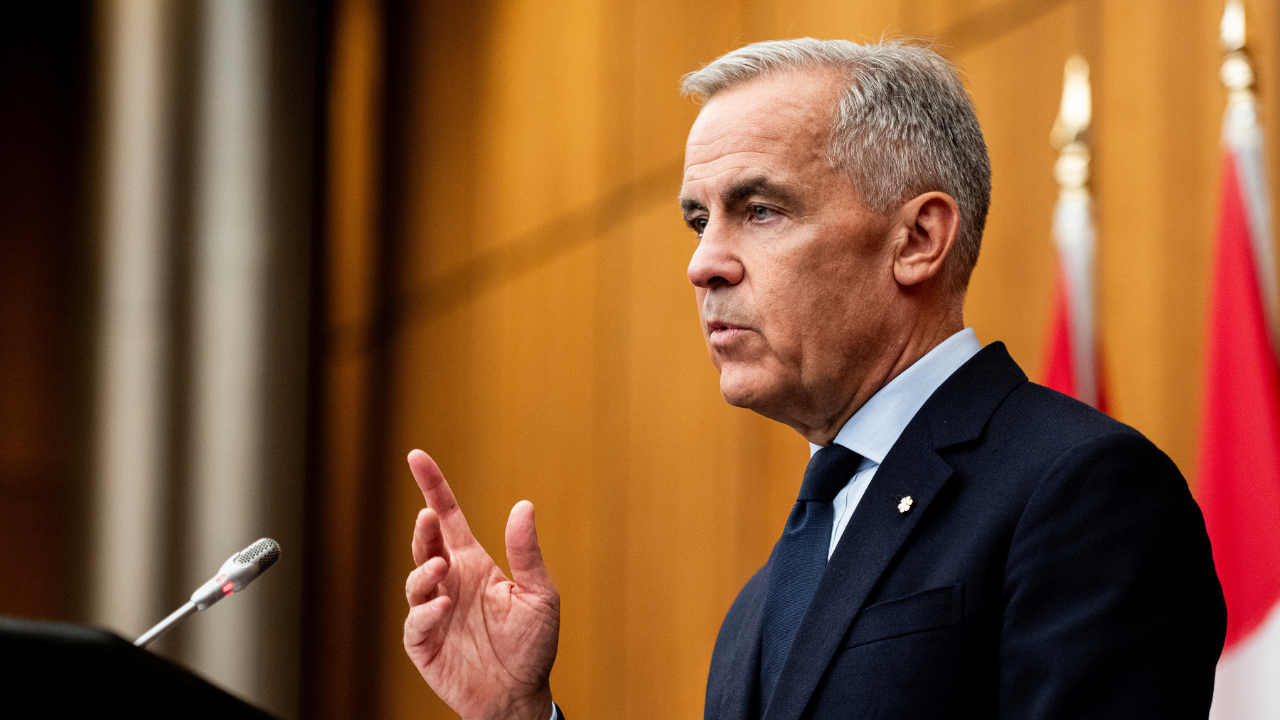
Canada announced on Friday that it will lift many of its retaliatory tariffs on US goods, signaling a major concession aimed at easing trade tensions between the two countries. However, key tariffs on US steel, aluminum, and automobiles will remain in place, Prime Minister Mark Carney confirmed.
The decision follows Canada’s March move to impose 25% counter-tariffs on a broad range of US products compliant with the United States-Mexico-Canada Agreement (USMCA), in response to similar duties the US placed on Canadian steel, aluminum, and other goods. The majority of these tariffs will be removed starting September 1, but tariffs on the most strategically sensitive sectors will be maintained.
What Did Carney Say?
Carney described the move as “harmonizing” Canada’s tariffs with those of the US, noting that Canada currently benefits from the lowest average US tariff rate among America’s trading partners at 5.6 percent. He defended the concession as a way to strengthen Canada’s position in ongoing trade negotiations, signaling a shift from his previous “elbows up” stance against what he called an “unjustified” trade war.
The announcement came shortly after Carney and US President Donald Trump held a “productive and wide-ranging” phone call discussing trade and a new economic and security relationship. Trump called Carney’s decision a “nice” gesture, expressing optimism about continuing leader-level talks soon.
Despite this tariff rollback, Canada’s steel, aluminum, and auto tariffs remain, especially as the US recently expanded its 50% tariffs on steel and aluminum to include 407 new products, a move that puts pressure on Canada’s own steel industry and fuels calls to increase counter-tariffs.
Broader Issues Between Canada And US
The trade dispute has also been influenced by broader political issues, including Canada’s planned recognition of Palestinian statehood, which Trump suggested could affect negotiations. Carney expressed his desire for formal USMCA talks to begin next month, anticipating negotiations could last from six months to a year and a half. The current trilateral trade deal is up for renewal next year.